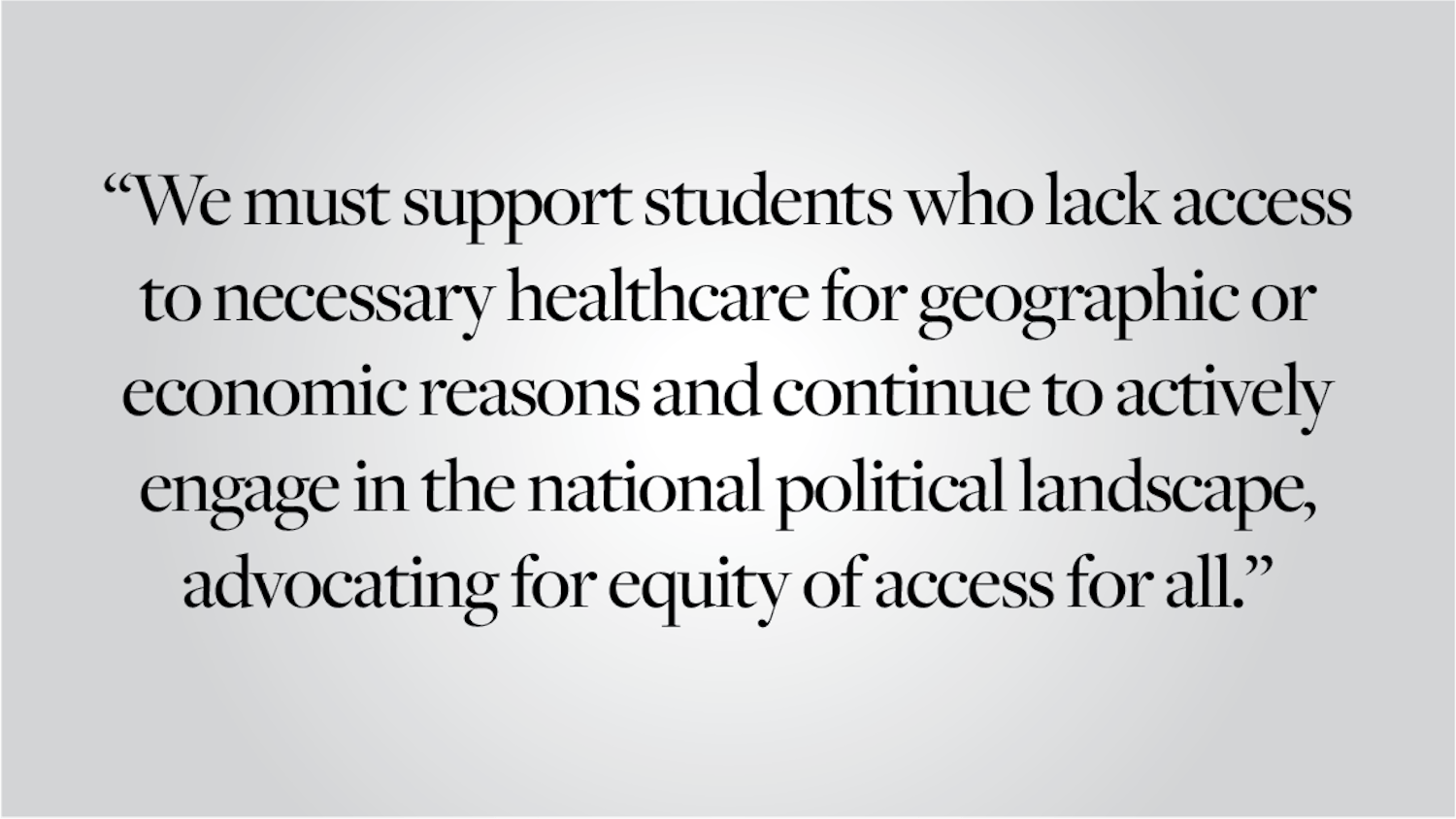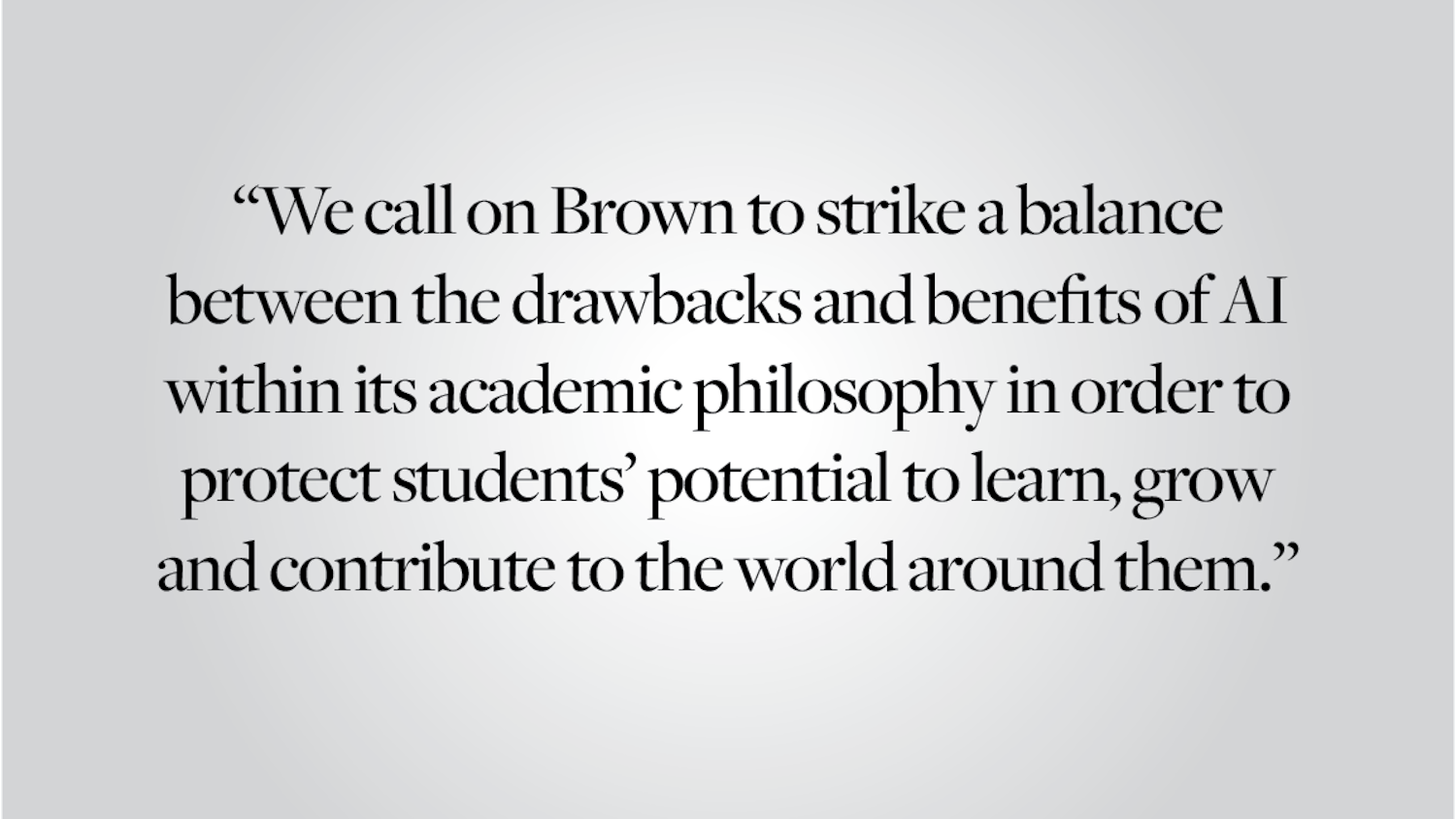Today, Rhode Island Republicans will go to the polls to cast their vote in their party's presidential primaries. Yet, with Mitt Romney all but assured the nomination, many are looking to the November general election - as is the General Assembly. Next week, the state legislature will vote on a bill that would add Rhode Island to the list of eight states and the District of Columbia that pledge to award the state's electoral votes to the winner of the national popular vote. The compact would only take effect once states with enough electoral votes to control the election outcome have passed similar legislation. If Rhode Island passes the legislation, it would add four delegate votes to bring the total pledged electoral votes to 136, approximately half of the necessary 270. Though we understand the appeal of this bill in increasing Rhode Island's relevance in presidential elections, we are skeptical of its national effects.
Rhode Island has not voted for a Republican candidate since 1984 and is commensurately ignored in presidential campaigns. In 2008, neither Barack Obama nor John McCain spent much time in Rhode Island, while our more electorally volatile cousins to the north in New Hampshire were lavished with attention: four visits from Obama and five from McCain.
Proponents of this bill suggest that if the allocation of electors were such that the president would be selected by a national popular vote, elections would be fairer. The Florida debacle in 2000 would never have happened under a national popular vote plan. The votes of Rhode Island Republicans and Louisiana Democrats would suddenly become important. Candidates would compete nationwide for every voter they could get, and we would see candidates talking about our concerns and spending their time - and their money - in our state.
But such an intensely nationwide election could have its pitfalls. First, the cost of presidential elections would skyrocket as candidates would run advertisements in every media market across the country. The role of money in politics - already made salient in this election with the rise of Super PACs - would grow tremendously, with wealthy donors and special interests increasing their already-powerful influence.
Furthermore, while candidates might spend more time in heavily urban Rhode Island under this plan, other states would see their position on the presidential radar screen decrease to almost nothing. Candidates would go to places with a high concentration of votes. Rural states like New Hampshire, New Mexico and Missouri could be completely passed over.
The United States operates under a federal system, and no matter how national many of the issues that face us today, states have particular interests and identities that cannot be entirely swept under the rug. The current Electoral College system does not ensure that candidates go to every state, it is true - but it ensures that they go to a mix of states: urban and rural, large and small. We heartily encourage discussion about potential reform now, and are intrigued by many creative solutions such as allocating electors proportionally or by congressional district within individual states. That said, the national popular vote plan seems deceptively simple - and threatens to erode the importance of state identities in our national politics while increasing the role of money in presidential elections. We urge caution before the legislature embraces this plan head-on.
Editorials are written by The Herald's editorial page board. Send comments to editorials@browndailyherald.com.




